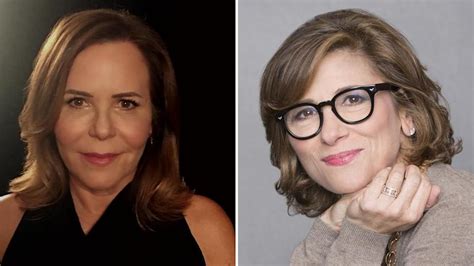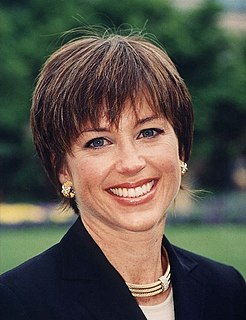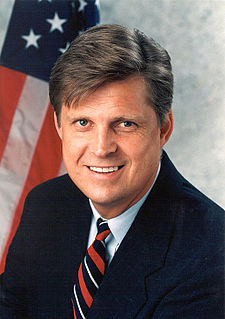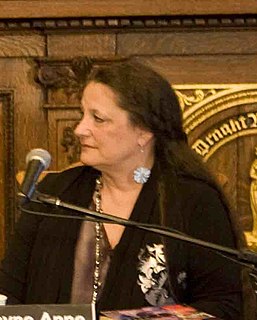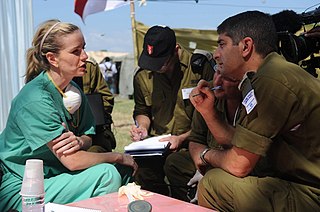A Quote by Nina Tassler
Related Quotes
A conscious parent is not one who seeks to fix her child or seek to produce or create the 'perfect' child. This is not about perfection. The conscious parent understands that is journey has been undertaken, this child has been called forth to 'raise the parent' itself. To show the parent where the parent has yet to grow. This is why we call our children into our lives.
You don't have to do everything right as a parent, but there is one thing you cannot afford to get wrong. That one thing is prayer. You'll never be a perfect parent, but you can be a praying parent. Prayer is your highest privilege as a parent. There is nothing you can do that will have a higher return on investment. In fact, the dividends are eternal.
The traditional paradigm of parenting has been very hierarchical, the parent knows best and very top down. Conscious parenting topples [this paradigm] on its head and creates this mutuality, this circularity where both parent and child serve each other and where in fact, perhaps, the child could be even more of a guru for the parent .... teaching the parent how the parent needs to grow, teaching the parent how to enter the present moment like only children know how to do.
